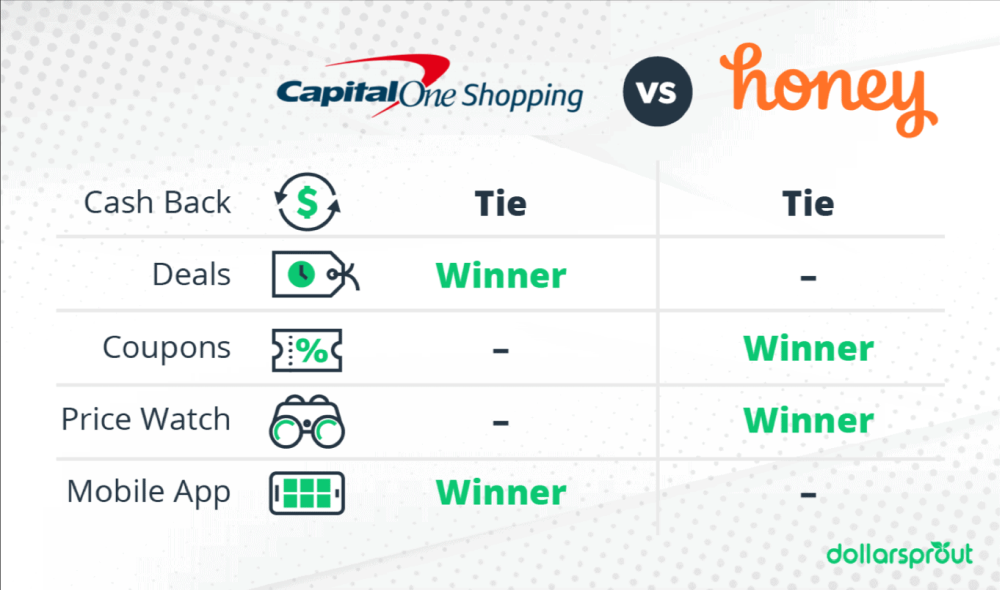The recent lawsuits against Honey and Capital One have exposed the contentious use of last-click attribution, a practice that allows these companies to claim credit for driving sales by replacing creator affiliate links with their own. While legal experts debate the fairness of this tactic, creators argue it undermines their earnings and distorts the data brands use to assess their impact.

Creators depend on accurate metrics to secure sponsorships, and practices like link swapping erode trust within the ecosystem. Prominent YouTubers such as Marques Brownlee and Hank Green have publicly denounced Honey’s practices, with many pledging to avoid future collaborations. For creators, this issue is less about legality and more about the integrity of partnerships and fair compensation.

Honey and Capital One defend their actions, labeling last-click attribution as a widely accepted industry standard. PayPal, Honey’s parent company, asserts that these tactics help reduce cart abandonment and increase conversions. However, critics argue that such practices create an uneven playing field, favoring corporations over individuals, and leave smaller affiliates at a disadvantage.

Regardless of the lawsuits’ outcomes, this controversy has sparked critical conversations about the ethics of ad-tech practices. As the influencer economy continues to grow, clearer standards for attribution and transparency are essential. Without them, trust between creators, brands, and audiences will remain fragile, and companies risk alienating the very people who drive their success.

#Honey #LastClickAttribution #InfluencerMarketing #AffiliateMarketing #BusinessEthics #AdTech #Creators
